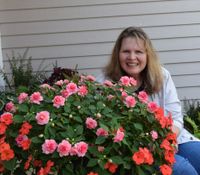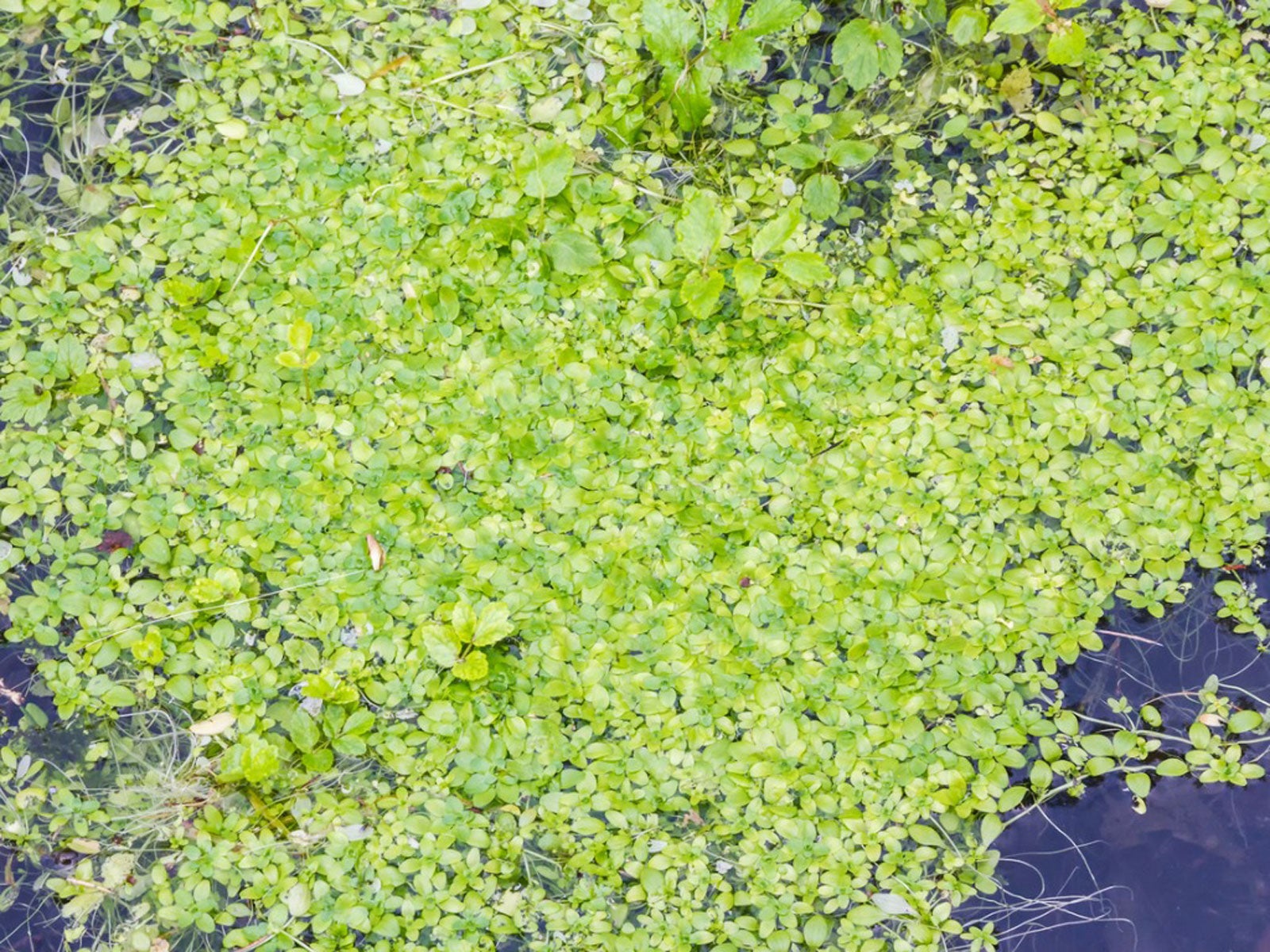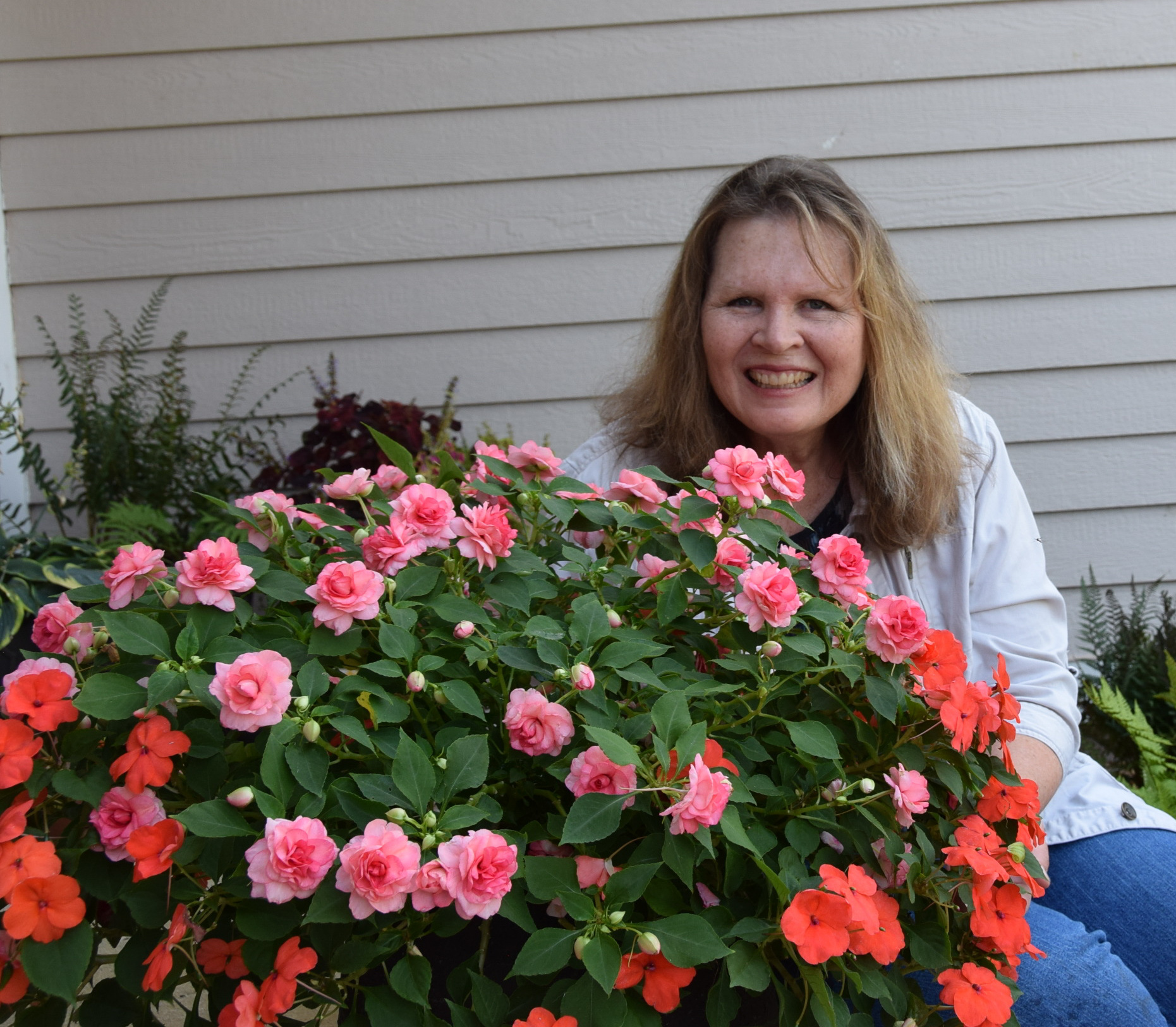What Is Duckweed: How To Grow Duckweed In An Aquarium Or Pond


Sign up for the Gardening Know How newsletter today and receive a free copy of our e-book "How to Grow Delicious Tomatoes".
You are now subscribed
Your newsletter sign-up was successful
Those who keep fish, whether in an aquarium or a backyard pond, know the importance of keeping the water clean, minimizing algae, and feeding fish well. A tiny, floating plant called common duckweed (Lemna minor) can do all that and more.
While considered a nuisance in some places, its positive attributes can outweigh the negative, and many who keep fish want to learn more about it and how to grow duckweed in ponds or aquariums.
What is Duckweed?
Found virtually all over the world in aquatic environments, duckweed is one of the smallest flowering plants, measuring 1/16 to 1/8 of an inch (2-3 mm.) long. It has one to three light green leaves with a flat, oval shape. It thrives in stagnant water, floating in dense colonies.
Its rapid reproduction by division can be either a boon or a bust. As fish food, the quick growth provides an economical and nutritious food source. It absorbs harmful nitrates and other chemicals from the water, thereby improving water quality and because of its spreading canopy, reduces the light that fuels algae.
However, if left unchecked, duckweed’s growth can quickly overtake a pond, depriving oxygen to fish and sunlight to lower aquatic plants.
Growing Duckweed in Aquariums
Growing duckweed in aquariums is easy. It is not a fussy plant to grow and derives most of its nourishment from the air. Duckweed is favored by goldfish, tilapia, koi fish, and other fish varieties and provides a nutritious and protein packed food source.
To grow duckweed in an aquarium, it often can be purchased in a pet store. Duckweed will tolerate low to high light and soft or hard water. The temperature should range from 63 to 79 degrees F. (17-26 C.). For denser growth provide high quality, full spectrum light and add trace minerals during water changes. Make certain the aquarium water is calm with no current, or the rapid growth will diminish.
Sign up for the Gardening Know How newsletter today and receive a free copy of our e-book "How to Grow Delicious Tomatoes".
Duckweed also can be cultivated separately or in a tank with non-herbivore fish. To grow it separately, use a rectangular container at least 5 inches (13 cm.) deep, 18 inches (46 cm.) long, and 12 inches (31 cm.) wide with dechlorinated water, aquatic plant fertilizer, a drinking straw, pH meter, thermometer, and small net.
Clean the tank without chemicals or soap, then add water. If treated tap water is used, add plant fertilizer. Using the drinking straw, blow air into the water about every 10 minutes until the water is oxygenated. Alternatively, a water oxygenator can be used.
Check the pH level. It should be between 6 and 7.5. Add duckweed. To harvest, scoop the duckweed with the fish net or a coffee filter and transfer it to the fish tank for food.
Growing Duckweed in Ponds
In garden ponds, it is important to monitor the growth of the duckweed to prevent complete coverage of the pond, which results in oxygen depletion and fish kill. Excess duckweed can be raked or skimmed off the top of the pond.
A handful of duckweed purchased from the pet store should be adequate to start the plant growing in your garden pond.

After graduating from Oklahoma State University with a degree in English, Susan pursued a career in communications. In addition, she wrote garden articles for magazines and authored a newspaper gardening column for many years. She contributed South-Central regional gardening columns for four years to Lowes.com. While living in Oklahoma, she served as a master gardener for 17 years.